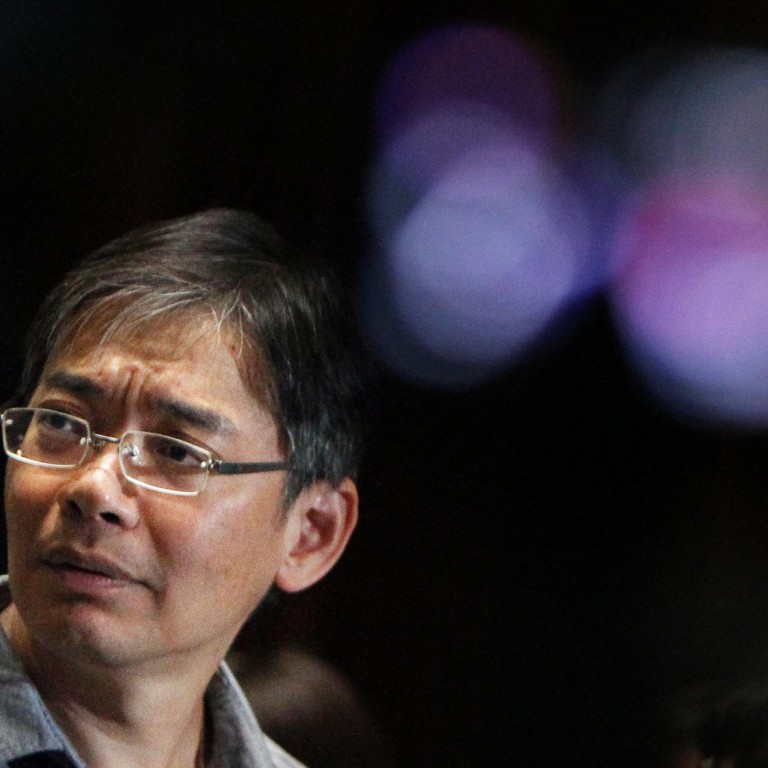
Labour shortage: retirement blamed
As baby boomers retire, number of lower-educated workers dwindles
A predicted shortage of less-well-educated workers by 2022 is not due to increased demand but rather a sharp drop in their number caused by retirement, a senior government official said.
Permanent secretary for labour and welfare Annie Tam Kam-lan said that while demand for highly educated staff would remain greater than for the less-educated there would be a shortage of the latter group because their numbers were dwindling more quickly.
"There was a baby boom after the war, and they will be retiring in the coming years … to 2022," she told the Legislative Council manpower panel, estimating that 250,000 such retirees had ended their studies at secondary level or below.
Tam was speaking after the Labour and Welfare Bureau forecast in a paper to the panel on Monday that the city's workforce would face a shortage of 118,000 workers by 2022.
Based on the projected growth in population and labour needs the bureau predicted a shortage of 55,700 people with a junior secondary education or below, 94,100 with a senior secondary education and 50,800 with a university degree.
On the other hand it forecast an excess of 16,300 people with a diploma, 13,000 people with a sub-degree and 53,400 people with a postgraduate degree.
The study also suggested that, if the economy expanded by 5 per cent annually rather than the predicted 4 per cent, the manpower shortage could reach 178,000 by 2022.
This contrasted with a report released two years ago in which the government forecast a shortfall of 14,000 workers by 2018.
Medical sector lawmaker Dr Leung Ka-lau said the government would be in a difficult situation if it made plans based on the latest forecast which then turned out to be inaccurate.
"You need to consider what you need to do if your forecast turns out to be wrong," he said. "Have you thought about how to make your policies more flexible, so that even if your forecast is wrong, everything will still be OK?" he asked officials at the meeting.
Other lawmakers, including Wong Kwok-hing of the Federation of Trade Unions, urged the government to offer more child-care services so women could join the workforce.
Secretary for Labour and Welfare Matthew Cheung Kin-chung said he understood the importance of better childcare services.
Cheung also said that he would consider asking the government's overseas offices to beef up their efforts to recruit overseas talent on behalf of the Hong Kong government.
In Monday's paper, the bureau said the government's steering committee on population policy had suggested improving childcare services and offering retraining courses aimed at women.
Other suggestions included more labour imports.

